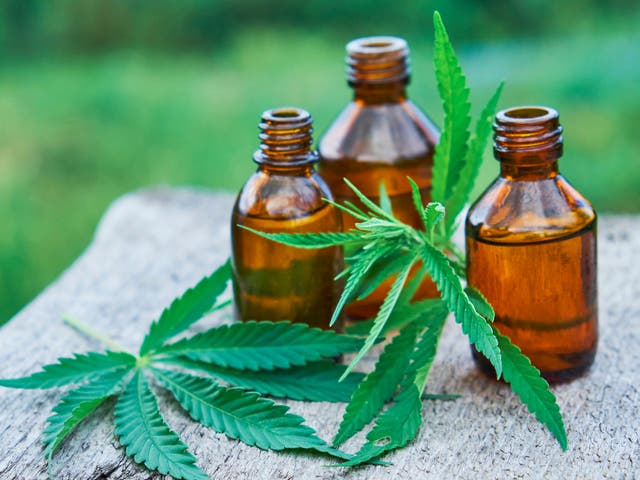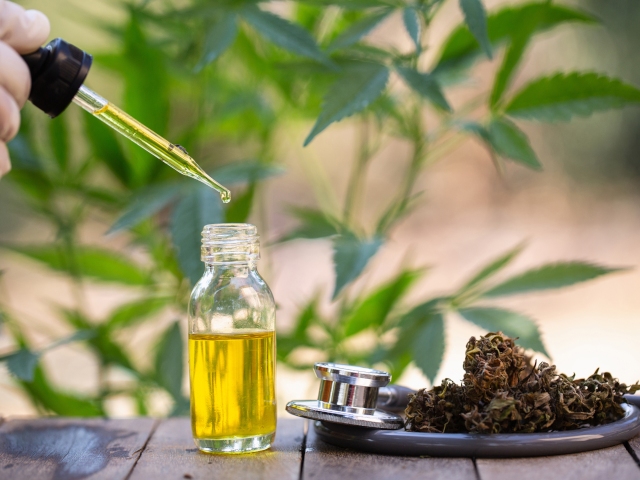Hemp/CBD Oil

Are you looking for concrete information about the use of food supplements (vitamins, herbs, plants …) during a cancer treatment? This guide provides an overview of 20 commonly used supplements, their applications and the pros and cons of their use.
Before you use nutritional supplements, we advise you to read carefully our important information about their use. The overview table behind this link also shows how dietary supplements can sometimes be both friend and foe.
How to use the application.
Search for nutritional supplements:
Make your selection from the ‘Choose a supplement’ drop-down menu.
You will get as a result the full informative sheet for your choice under the pull-down menu.
Search by treatment:
Make your selection in the drop-down menu ‘Choose a treatment’.
Under the pull-down menu you will see all the supplements from our list that may have an influence – positive or negative – on the chosen treatment.
For each supplement you can click on the complete information sheet.
The oil is made from the CBD plant. More than five hundred chemical substances can be found in the CBD plant. A small hundred of these substances are found only in the CBD plant and are called ‘cannabinoids’. We discuss three important cannabinoids below:
THC (delta-9-tetrahydrocannabinol) is the most psychoactive cannabinoid. It is the substance that gives a ‘high’ feeling and provides a euphoric mood.
CBD (cannabidiol) does not give a ‘high’ feeling. It is also said, unlike THC, to have a calming, pain-reducing and antipsychotic effect.
CBN (cannabinol) is mostly found in old or poorly preserved plants. It is a mildly psychoactive substance that is mainly sedative.

There are a number of products on the market with CBD derivatives, we will discuss some of them here:
CBD oil is a hemp-based product made by extracting CBD with organic solvents such as ethyl alcohol and petroleum ether. This is often made in the home environment so there is little or no control over the content of the product. So you don’t know for sure how much THC and CBD the product contains.
CBD oil exists in pure form, which means that it contains virtually no THC and users therefore do not get ‘high’ from it. There are also home-made or other (e.g. sold online) CBD oils that contain THC and of which the composition is not known and therefore may be contaminated with pesticides, heavy metals or other pollutants.
The medicinal product Sativex® is currently the only licensed medicinal product containing cannabinoids in Belgium. It contains a controlled amount of THC and CBD. This drug can be used in the treatment of moderate to severe spasticity caused by multiple sclerosis (MS). Sativex® is also being tested in the context of cancer pain management. The studies that should allow that indication for Sativex® to be granted as well are currently ongoing (4). In August 2019, it was authorized that pharmacists may also dispense drugs containing CBD under strict conditions in the form of magistral preparation. Read this article from Readers Digest to learn more info about CBD oil.
Applications in cancer treatment
Certain lab studies show that cannabinoids could block the division of cancer cells, or prevent the creation of new tumor blood vessels. However, no human studies have been able to show that cannabinoids prevent tumor growth. Thus, there is no evidence that cannabinoids can treat or cure cancer.
However, CBD derivatives can be used to relieve certain symptoms, such as pain. It could also reduce nausea and vomiting caused by radio- or chemotherapy, and in advanced cancers. CBD derivatives have not been proven to work better than more studied therapies for the same symptoms.
It is still unclear whether they can also help combat appetite loss, and other symptoms of cancer cachexia (weight and muscle loss).
Possible negative effects in cancer treatment
Certain cannabinoids are thought to affect enzymes (Cyt P450 3A4) that the body uses to process certain cancer treatments. This is further explained in the section “Interactions with other drugs and dietary supplements”.
General side effects
The main side effect of cannabinoids is the effect on the central nervous system: change in mood (more euphoric, or more depressed), anxiety, paranoia, depersonalization (self-alienation), hallucinations, memory and attention loss, vision disturbances and nausea. Cannabinoids may also have effects on the peripheral nervous system and the immune system. Not all effects are known yet.
Other possible side effects include dry mouth, lowering of blood pressure and acceleration of heart rate.



